It’s starting to look like Hawaii may no longer be for you if you like staying in vacation rentals. The concept of short-terms rentals is popular as a lead balloon among many in power in Hawaii.
There’s no doubt that anti-Hawaii vacation rental sentiments are being greatly assisted, intentionally or not, by Hawaii’s governor. He makes no qualms about demanding that vacation rentals be reeled in. And he’s willing to push towards alienation and legal opposition that is surely forthcoming.
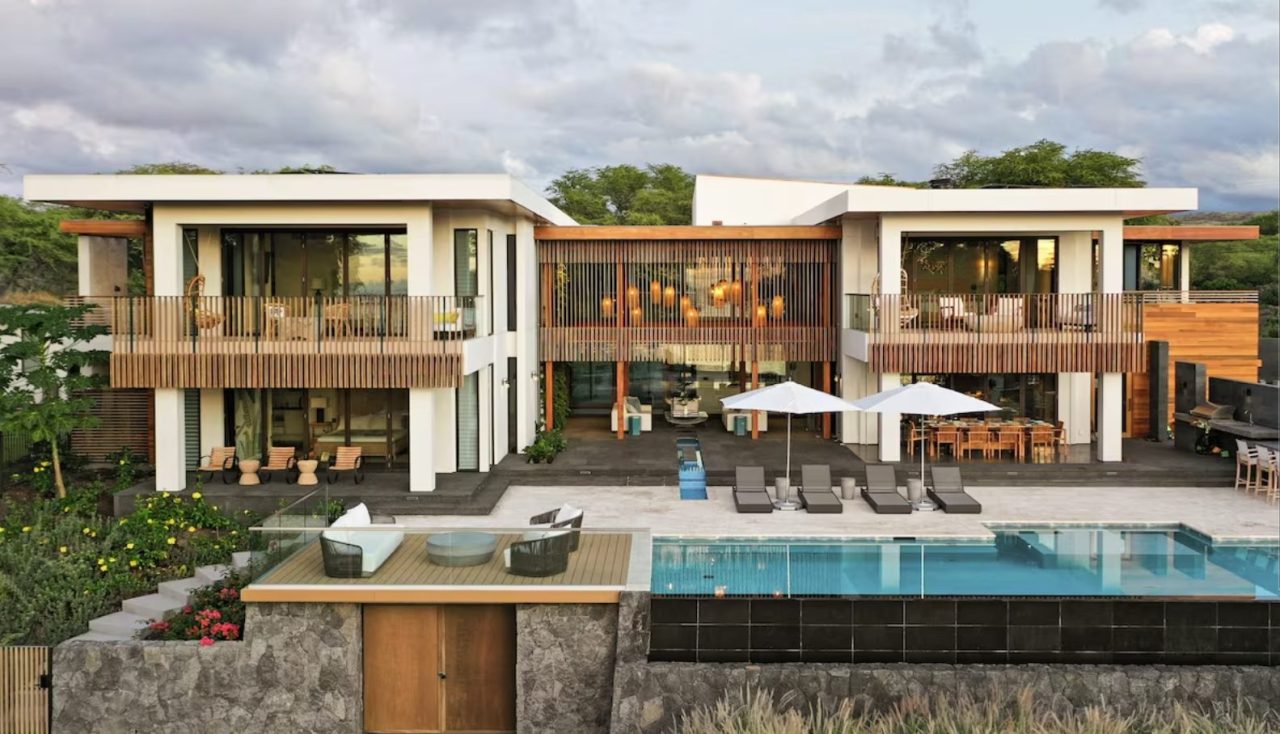

(Governor Green pledged to sign) “any bill to help move short-term rentals and vacant investment properties owned by non-residents into our local housing market to increase supply and bring down prices our families.”
State of the State Address, January 23, 2024
The quest to move short-term rentals owned by non-residents into the local housing market.
As Governor Green mentioned, “52% of all short-term rentals in Hawaii are owned by non-state residents, and 27% of short-term rental owners own 20 or more units.” He estimates that short-term rentals make an average of four times what they would if the property was rented to a local family.
Now, Hawaii’s Legislature is also seeking ways to tackle the issue of short-term vacation rentals. Potential solutions include a range of measures, including new accommodation taxes to add to the 18% now charged.
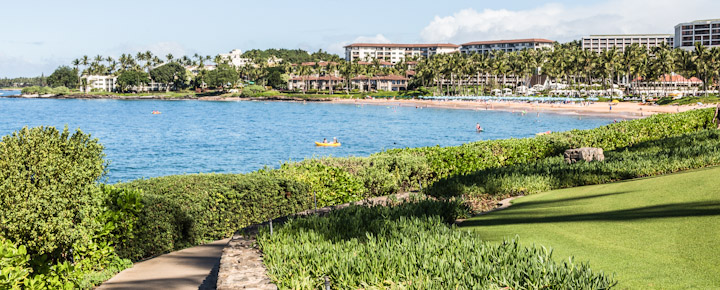

Meanwhile, back at the Hawaii legislature.
In its last session, House Bill 84 sought to “Make explicit the counties’ authority to enact ordinances to amortize or phase out permitted, nonconforming, or otherwise allowed short-term rentals in any zoning classification. Includes swapping, bartering, or exchange of a residential dwelling, or portion thereof, in the definition of “short-term rental” for this purpose.” It isn’t clear whether that will be back this year or not.
One of HB 84’s authors, Representative Holt, clarified the importance of addressing vacation rentals to alleviate the impacts of over-tourism in Hawaii.
Some view changes afoot as hotels’ attempt to stifle competition from Hawaii vacation rentals.
The Hawaii Lodging and Tourism Association (HLTA), under its president, Mufi Hannemann, sought increased regulations on vacation rentals. HLTA has some 700 members representing 50,000+ hotel rooms in Hawaii. HLTA has long advocated for stricter control over short-term rentals.
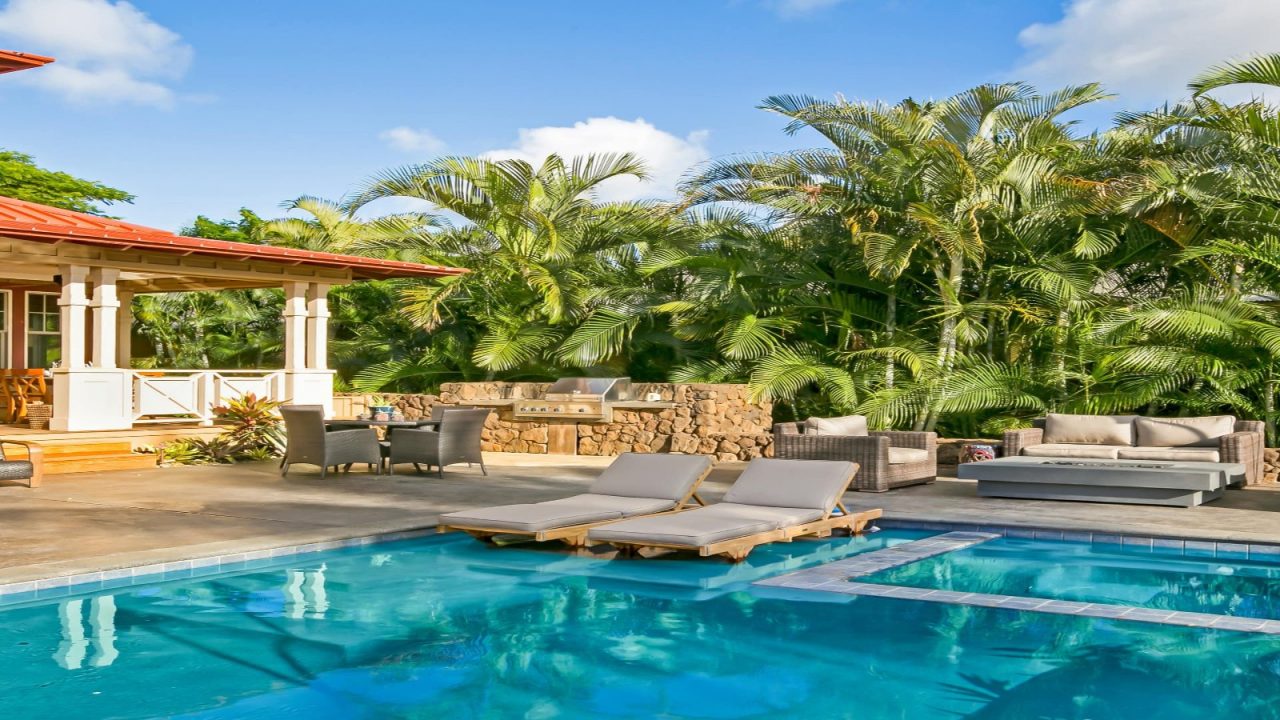

Hannemann is now the new chair of the Hawaii Tourism Authority (HTA).
He clearly brings his views to that organization. That might have added controversy had it not been for the governor becoming so anti-vacation rental, which is viewed by some as pro-hotel.
The anti-tourism faction in Hawaii appear to have teamed up well with the hotel lobby, zeroing in on legal vacation rental reduction as one of the issues of primary importance to Hawaii’s future.
It jives well as Part of HLTA’s mission statement, which has a goal of reducing the number of short-term or vacation rentals operated by what they term “extractive and exploitative individuals.”
Interesting visitor comments with a variety of opinions on this subject include:
Julie: “I’m sure the hotel industry would love to see STR go away….have you looked at hotel prices on Maui?”
Sheila: “We love vacation rentals and they are cheaper than the resorts. I will not come back if I have to stay in anything else. It’s getting harder and harder to find a reason to come to Hawaii. Maybe, that is the intent of your government officials.”
Timm: “Calling for the illegal and unconstitutional seizing of private property is not a sustainable solution.”
Rory: ” I am born and raised in Hawaii, 4 generations. I left due to the high cost of living. I have use STR’s when I come to visit my ohana, because their house’s are full. To afford housing their family have to together and there is no room for us. The cost of hotels is outrageous, and when they lose the STR competition, you know they’ll jack the prices higher. This will not help the local people… These regulations only help big corporations. Will I be able to afford visiting my loved ones then?”
Cheryl: “I would love to know how much the hotel industry lobbyists have paid the politicians to kill the short term rental industry. The extent to which the governor and the rest of these politicians are going to in order to get rid of tourists would almost be laughable if the long term consequences for the locals weren’t so devastating.”
TJ: “As the owner of a legal, permitted, and taxed STR in Hawaii, I cannot say that I disagree with some of the concerns… I believe that STRs in Hawaii have escalated to an “out of control” issue.”
Walt: “I live on a big island and I exist only because I can rent my home out or I stay in my small studio to make ends meet in Hawaii. If this changes my house is going up for sale, no qualms about that. Josh Green… he’s destroying the tourism in Hawaii and siding with the expensive hotel owners.”
Others have suggested that the state target only those who own multiple vacation rentals, while some believe out-of-state owners should be the focus. What are your thoughts?


Will short-term rental reduction improve the Hawaii housing inventory?
A 2023 study from the Economic Research Organization at the University of Hawaii said that in the absence of short-term rentals on Oahu, home prices would be 4-6% lower. The median sale price in 2022 was $860,000. So, eliminating short-term rentals would push the median price to the $810-$820,000 range. According to prior studies, Oahu rents would lower by 2%, anywhere from $35 to $160 monthly savings.
Lahaina Strong group rallies to convert 50,000 Hawaii vacation rentals to long-term housing.
The Maui group is asking the Hawaii legislature to find any means to help find 50,000 affordable housing units. And they have their eyes set on getting those from Hawaii vacation rentals. This goes beyond what Gov. Green talked about Monday when he asked for 3,000 short-term rentals to be converted for Maui fire survivors in lieu of a proposed moratorium on Maui vacation rentals. The organization feels that most West Maui accommodations north of Lahaina town being short-term rentals is patently wrong, and lets others get rich off of Maui residents’ woes.
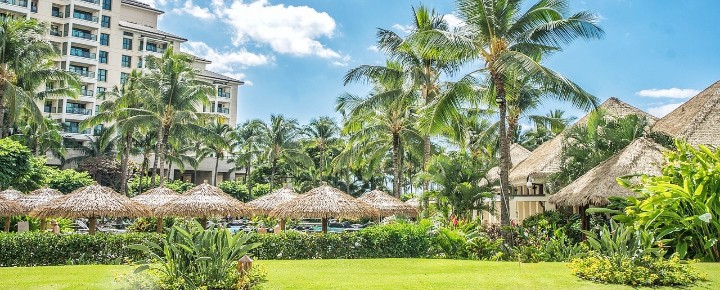

Legal Hawaii vacation rentals are the target.
Legal Hawaii vacation rentals are those we are referring to here. They are defined in Honolulu, for example, as: “lodgings that provide guest accommodation for less than 30 consecutive days. In order to preserve housing for long-term residents, STRs are only permitted in resort-zoned areas and a couple of specific apartment-zoned areas.” These are not the unlicensed, illegal, in-your-neighborhood rentals that have become an issue worldwide. These rentals are permitted, highly taxed, and are located in designated tourism areas.
The tides are fast-changing in Hawaii travel.
How do you feel about vacation rentals and the direction in which the state is moving?
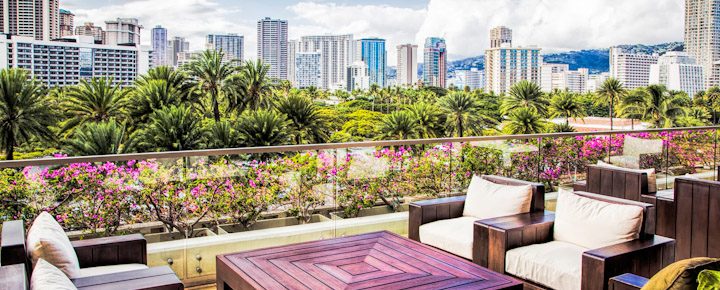


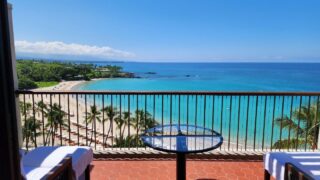
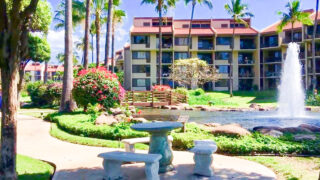


As frequent visitors of Kauai, we love the vacation home options. We usually come for 3 weeks and a hotel room is not comfortable. It’s a shame that the State is discouraging this type of stay. It’s “biting off their nose despite their face”. When we visit we spend a lot of cash on the wonderful local restaurants and support the local art community as well. If vacation rentals become unaffordable we will not come back. The D’s TX
So, given the bill recently passed in the Hawaii legislature, will I be able to find a STVR on the Big island in winter/spring of 2025?
On the Big Island, they’re breaking down the vacation rentals into three broad categories:
1. Hosted rentals (where the owner lives on the property, like an ohana unit)
2. Managed rentals (where a management company takes care of renting and cleaning and is on call for issues)
3. Unhosted rentals (like Air BnB and VBRO, where someone comes in and cleans between rentals but is not on call 24/7).
Unhosted rentals, particularly by off-island owners, are the most problematic. Poor planning and lax enforcement have allowed these properties to proliferate in residential neighborhoods, resulting in unwanted noise and increased traffic. Reigning these in would go a long way to establishing a better equilibrium.
That makes more sense and is a balanced response to this problem.
Drew808
So glade to hear someone out there has a solution to the problem.
Great to hear people like you willing start at the problem and not focus on putting a band aid on the situation.
Well said
This is good, and a further breakdown should be added of unhosted short-term rentals in/not in residential neighborhoods, since that’s where the problem lies. The vast majority of short-term rentals on Maui, for instance, are not in residential neighborhoods.
They need to dump all STRs, unhosted or hosted, in residential neighborhoods throughout Hawaii.
Residential neighborhoods are not setup for mini-hotels.
We are travelers with disposable income, and have enjoyed many visits to Hawaii over the past 25 years. If vacation rentals are no longer a housing option for the two three-week trips a year we currently enjoy there, we will not travel to Hawaii. Full stop.
Any disposable monies you done want, I would be willing to take all that you can give.
Just let me know when you want to get ride of it.
Thanks for your consideration
Short-term rentals are a commercial use in residential zoning.
Change my mind.
Why take the effort to change your mind when all you have to do is look it up to see that it is not true?
So since you are in favor of mini-hotels in residential zoninig, you’d be OK with me setting up used car lots all over based in residential zoning? How about mini-restaurants based out of houses? Mini-water parks on front lawns? Anything, is OK, right?
By your definition, even long-term rentals are “commercial”.
Where’s the Laughing Emoji???? 🤣🤣🤣🤣🤣
Man Bill. You are more salty than the Sea…. Your true kanaka is showing. 🤙🏼🌺 Aloha
Aloha and Mahalo to you too, Teebs…